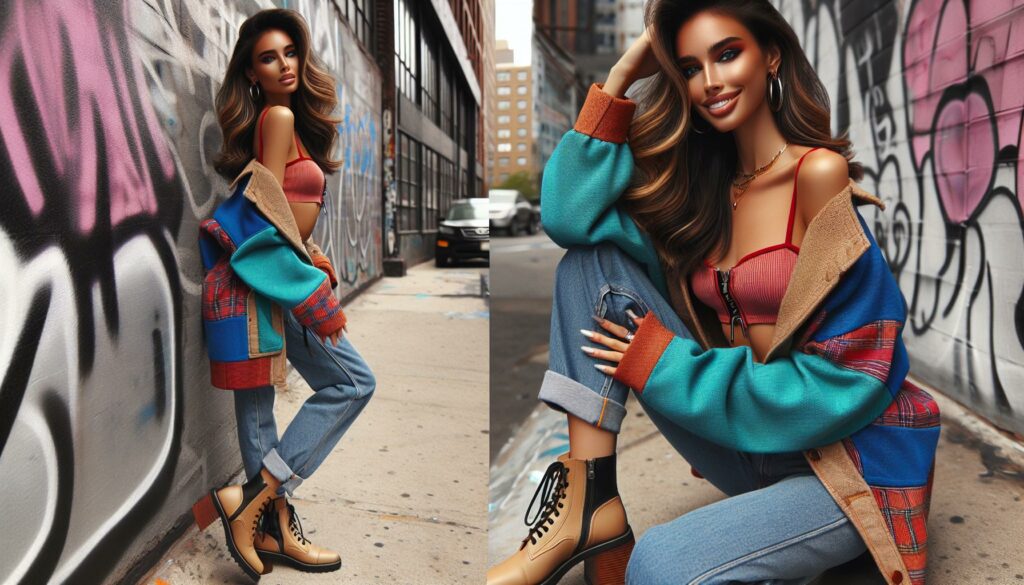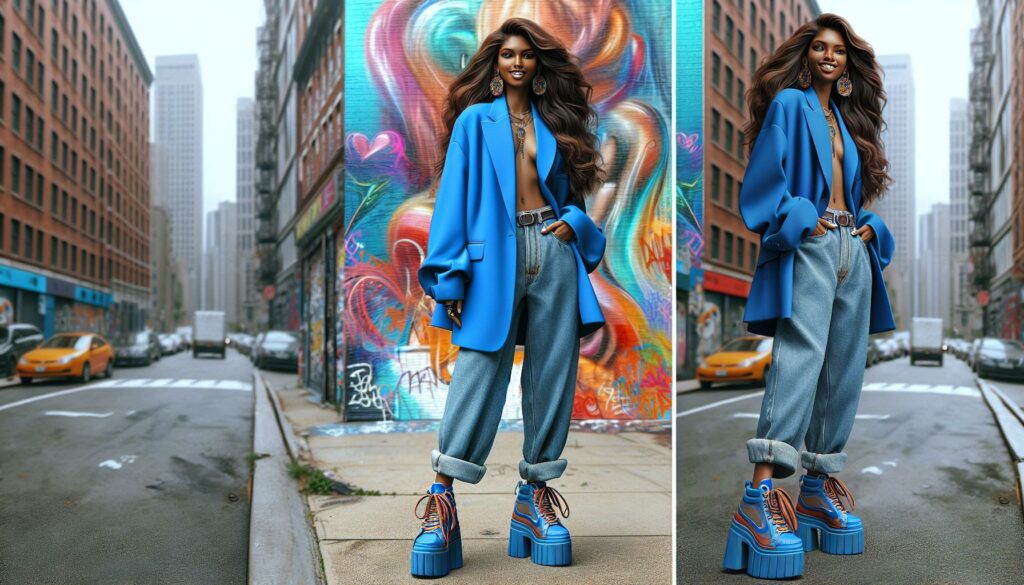In a world where sweatpants once ruled supreme, social media fashion influencers have swooped in like a well-tailored cape to save the day. With a single post, they can turn a basic outfit into a must-have ensemble and make even the most mundane accessories seem like the hottest trend. From Instagram to TikTok, these style savants have mastered the art of influencing, proving that fashion isn’t just for runways anymore—it’s for every scroll of your feed.
But what’s the secret sauce behind their success? It’s not just about looking good; it’s about creating a connection with their audience through humor, relatability, and a dash of glamour. As they strut their stuff in front of the camera, they inspire millions to embrace their unique style and express themselves. So, buckle up as we dive into the fabulous world of social media fashion influencers and discover how they’re reshaping the way we think about fashion.
Social Media Fashion Influencers
Social media fashion influencers dominate the industry, leveraging platforms like Instagram and TikTok to engage diverse audiences. These influencers create styles that resonate with everyday consumers, often showcasing outfit inspiration that feels accessible. Data indicates that 78% of Gen Z shoppers prioritize influencer recommendations when making fashion purchases.
The impact of influencers extends beyond mere promotion; they foster a sense of community among followers and encourage dialogue about personal style. Diverse creators often highlight their unique perspectives, emphasizing individuality rather than conformity in fashion choices. Posts featuring original outfits attract significant interaction, driving engagement rates higher than traditional advertising methods.
In recent years, influencers transitioned from niche markets to mainstream icons, collaborating with major brands to launch collections and campaigns. The collaboration between influencers and brands creates authentic content that captures audience interest. As a result, many followers develop trust in influencers, viewing them as style authorities.
Moreover, the relatability of these influencers enhances their relevance. Authentic storytelling and behind-the-scenes glimpses into their lives contribute to a more profound connection with fans. Followers often appreciate influencers who display vulnerability and authenticity, as this fosters engagement and loyalty.
The rise of social media fashion influencers revolutionizes how brands connect with audiences, making fashion more inclusive and personal. Their ability to transform everyday wear into aspirational looks redefines industry standards, influencing shopping habits and shaping cultural trends.
Impact on Fashion Industry
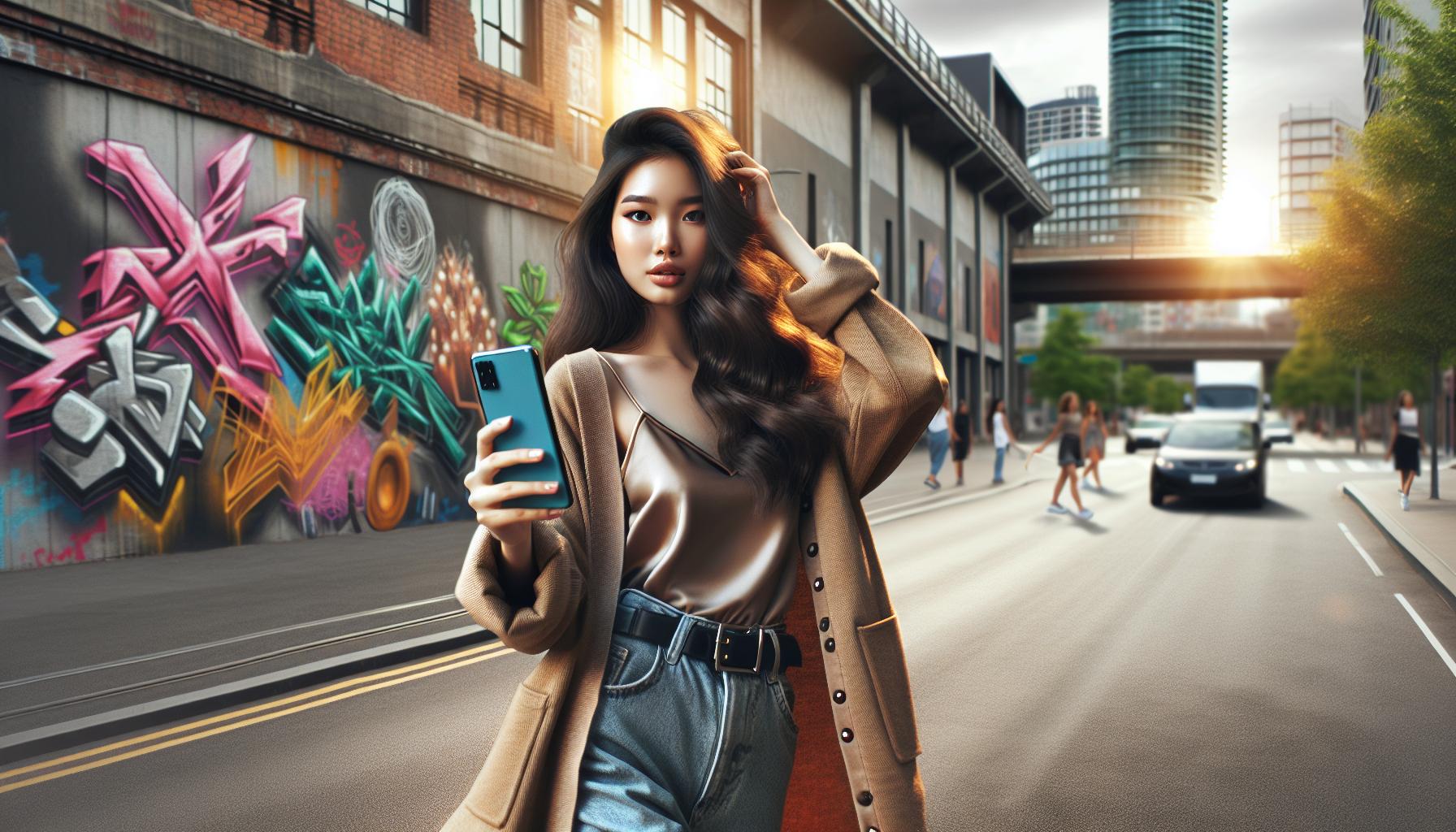
Social media fashion influencers significantly reshape the fashion industry by altering consumer behaviors and redefining brand collaborations. Their influence on purchase decisions and marketing strategies has become undeniable.
Changing Consumer Behavior
Influencers directly affect how consumers approach fashion. About 78% of Gen Z shoppers prioritize recommendations from influencers when making purchases, showcasing their authority. Personal styles shared by influencers make fashion seem more accessible. As a result, consumers increasingly seek authenticity and relatability in fashion ads. Interest in sustainable and diverse fashion also rises through influencer-led discussions. Trends often emerge from influencers’ unique takes on style, making followers more prone to experiment with their looks. This shift fosters greater individuality among consumers, encouraging them to express personal preferences rather than conforming to traditional norms.
Collaboration with Brands
Brands increasingly pursue collaborations with influencers to reach wider audiences. Working with fashion influencers brings authenticity and relatability to marketing campaigns. These partnerships often leverage influencers’ ability to create engaging content that resonates deeply with followers. Influencers help distinguish products from competitors by providing personal insights and styling tips. Such collaborations usually result in innovative campaigns that feel organic rather than forced. As both parties benefit, brands enhance their image while influencers grow their credibility in the fashion space. This mutual relationship drives both brand loyalty and influencer visibility, crafting a more dynamic and interconnected fashion landscape.
Key Characteristics of Successful Influencers
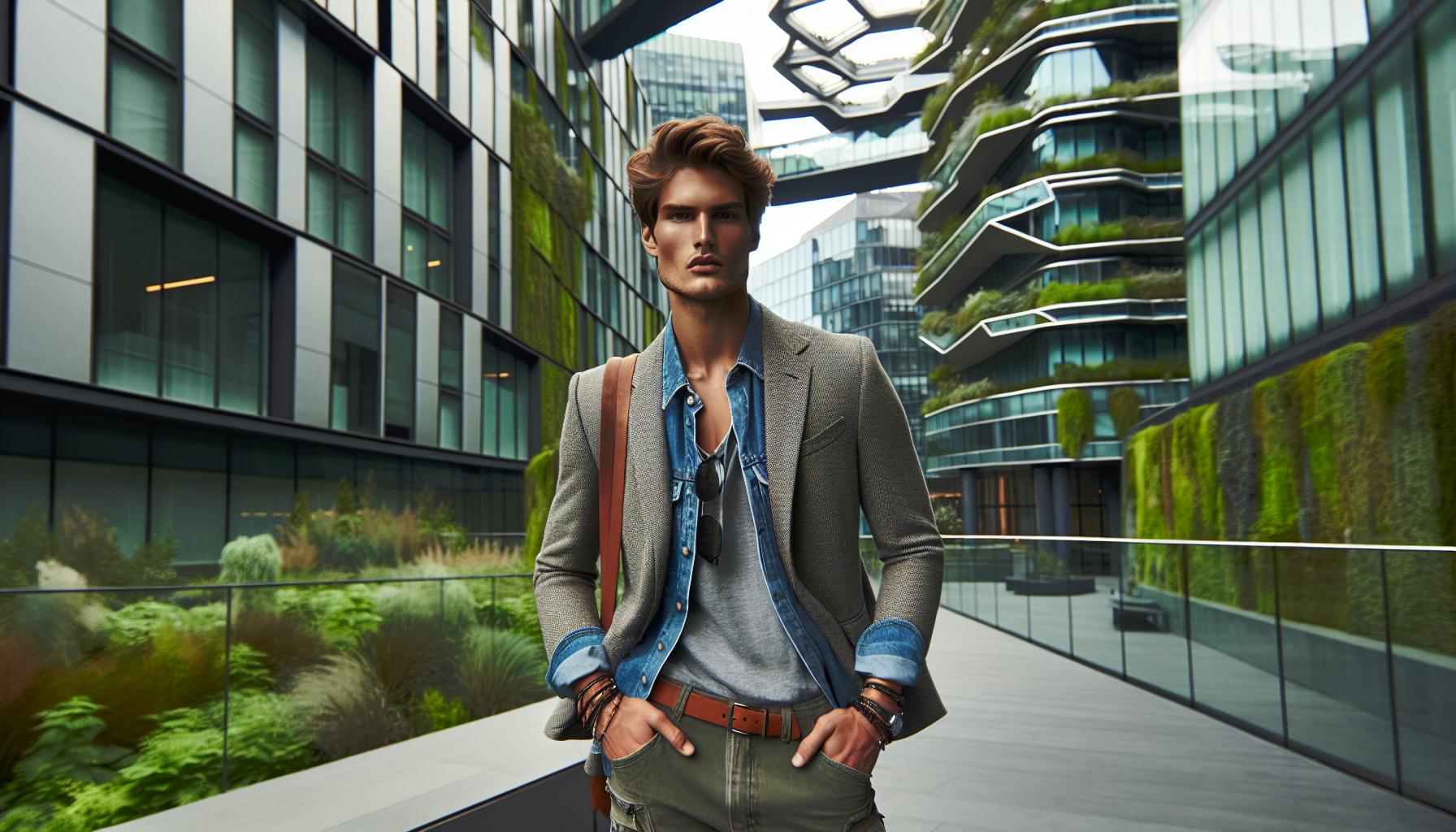
Successful fashion influencers share key traits that resonate with their audiences. Authenticity and relatability stand out as vital characteristics that attract and retain followers.
Authenticity and Relatability
Authenticity matters because audiences connect more deeply with influencers who present genuine lives. Followers appreciate stories that reflect real experiences, enhancing trust. Relatable content encourages engagement, making fans feel like they know the influencer personally. Influencers who share personal struggles and triumphs often attract a loyal community. This demonstrates a commitment to open dialogue and builds a sense of belonging among followers. Notably, 78% of Gen Z shoppers value influencer recommendations in making fashion choices, highlighting the importance of credibility in this space.
Aesthetic and Style
Style plays a crucial role in an influencer’s success. Striking visuals catch the eye, while a unique aesthetic creates a memorable brand identity. Cohesive themes in outfits and imagery foster a recognizable presence across social media platforms. Influencers often showcase trending styles while adding personal twists, appealing to diverse fashion tastes. Followers admire influencers who set trends rather than simply follow them, inspiring their own fashion choices. Engaging content with high-quality images captures attention quickly, reinforcing an influencer’s position as a fashion authority. Through skillful curation of aesthetics, they not only inspire confidence but also shape contemporary fashion landscapes.
Challenges Faced by Fashion Influencers
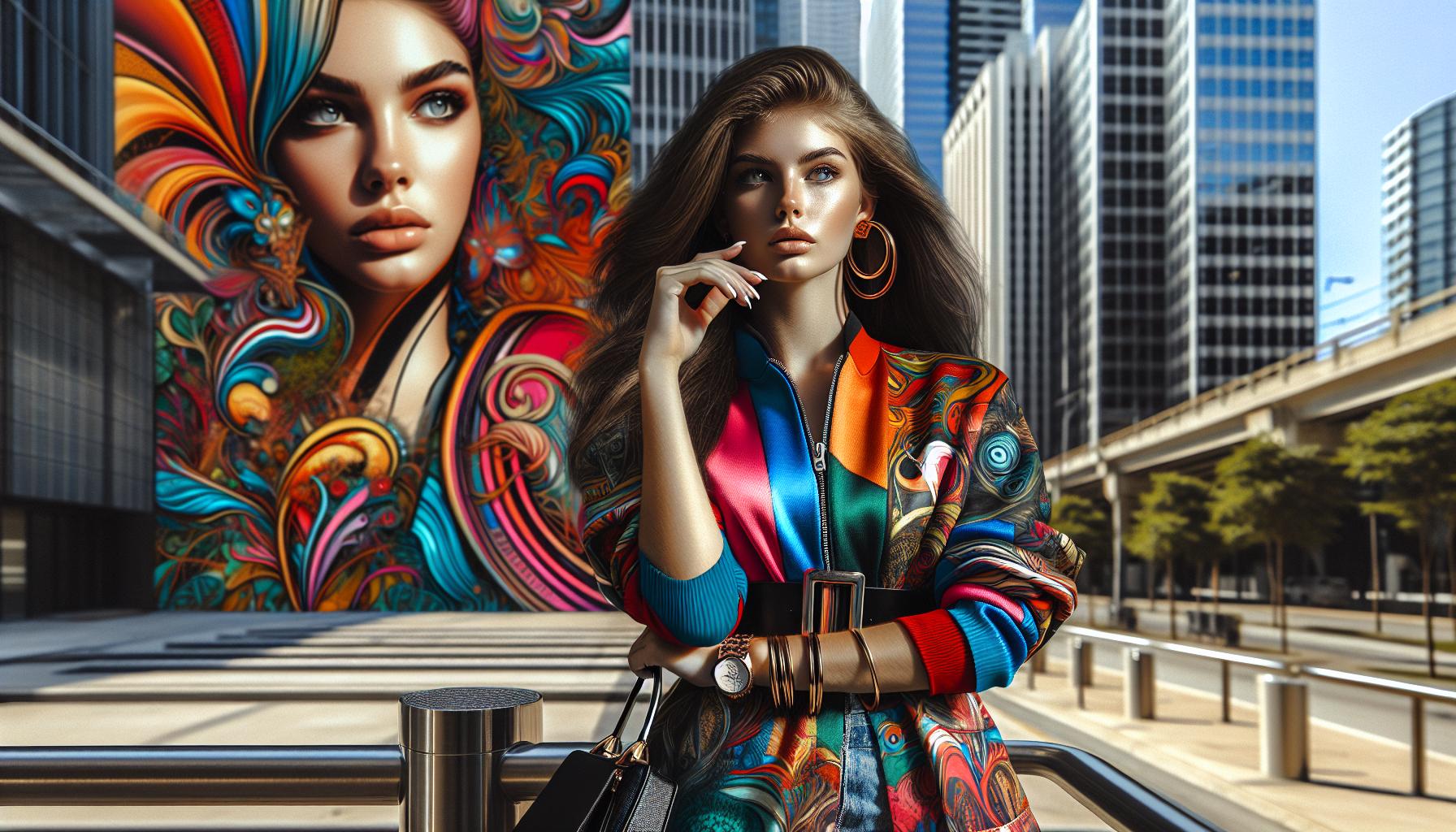
Fashion influencers encounter various challenges in their rapidly evolving roles. Maintaining relevance requires constant adaptation to changing tastes and preferences.
Maintaining Audience Engagement
Engaging audiences consistently presents a significant challenge for influencers. Followers often seek fresh and innovative content, which pressures influencers to curate captivating posts and stories. Unique visuals and relatable narratives foster connection, but balancing authenticity with commercial demands can lead to tension. Influencers aiming to keep their audience invested often strategize content that blends personal experiences with fashion insights. Additionally, analyzing engagement metrics helps them understand what resonates, allowing for tailored approaches that align with audience expectations.
Navigating Trends and Competition
Navigating the competitive landscape of fashion influencers adds another layer of complexity. Trends can shift rapidly, requiring influencers to stay ahead of emerging styles while gravitating towards their unique personal brands. Collaborating with brands that align with their values is crucial, but the saturated market makes it challenging to stand out. Innovative content strategies can enhance visibility, such as incorporating diverse fashion styles or discussing sustainability. A commitment to authenticity, paired with attentiveness to followers’ needs, enables influencers to carve out distinctive identities and maintain competitive edges.
Future of Social Media Fashion Influencers
The social media landscape is evolving rapidly, prompting significant changes for fashion influencers. Innovations and shifts in consumer behavior shape the future direction of this dynamic industry.
Emerging Platforms and Technologies
Platforms like TikTok and Instagram continue to lead engagement in fashion circles. New technologies such as augmented reality enhance shopping experiences, allowing consumers to virtually try on clothing. Influencers that embrace these platforms can foster deeper connections with followers. Live shopping features on social media enable real-time interaction, giving influencers a unique opportunity to showcase products authentically. Adoption of these trends helps brands reach wider audiences while increasing trust. As 78% of Gen Z shoppers prioritize influencer recommendations, influencers who effectively utilize emerging platforms stand poised to dominate the market.
Evolving Consumer Expectations
Consumer expectations are shifting toward authenticity and transparency, driving changes in influencer marketing. Shoppers actively seek relatable content that reflects real-life experiences. Influencers showcasing genuine interactions and behind-the-scenes glimpses attract devoted followers. Expectations for sustainability also grow stronger, with audiences favoring brands committed to ethical practices. Influencers that promote sustainable fashion resonate more with conscientious consumers. Data indicates that 78% of Gen Z shoppers prioritize these values when making purchases. Meeting this demand enhances an influencer’s credibility and aligns their brand partnerships with consumer desires.
The influence of social media fashion influencers is undeniable as they reshape the fashion landscape. By prioritizing authenticity and relatability they connect with audiences in ways traditional marketing cannot. This shift not only transforms how consumers shop but also encourages a more inclusive and diverse fashion environment.
As influencers continue to adapt to changing trends and technologies they will play a crucial role in driving brand loyalty and fostering community. Their ability to engage followers through genuine storytelling and innovative content will keep them at the forefront of the fashion industry. The future looks bright for those who embrace these changes and prioritize the values that resonate with today’s consumers.

